
Descrição
O MMA produz dados acerca da Gestão de Resíduos Sólidos sistematizados pelo Sistema Nacional de Informações sobre a Gestão dos Resíduos Sólidos (SINIR) instituído pela PNRS, esse sistema é coordenado pelo Departamento de Gestão de Resíduos e Qualidade do Solo na Secretaria de Qualidade Ambiental. As informações são disponibilizadas pelo site do Sistema e estão agrupadas em painéis com as temáticas: i) Soluções Compartilhadas; ii) Financiamento; iii) Destinação; iii) Panorama das Declarações; iv) Inventário; e v) Logística Reversa.
Também podem ser acessados relatórios de níveis municipais, estaduais e federais além de mapas temáticos. Os dados que abastecem o sistema são fornecidos pelos municípios e estados. E o sistema obteve grande crescimento a partir do estabelecimento de parcerias com entidades não governamentais.
Como evolução do SINIR, tem-se hoje o SINIR+, que é uma plataforma que integra informações com base em dados coletados por: i)estado e municípios; ii)pelos Manifestos de Transporte de resíduos ( MTR) e, iii)pelo Inventário Nacional de Resíduos Sólidos, de forma a fornecer informações por meio de mapas, painéis e relatórios que sistematizam dados e disponibilizam estatísticas e indicadores referentes à gestão de resíduos sólidos no Brasil.
As visualizações integradas do SINIR+ compõem uma plataforma tecnológica para apoio à formulação de políticas públicas, em nível nacional, estadual e municipal, permitindo a gestão continuada de resíduos sólidos, além da criação de estratégias e oportunidades de negócios.
Critérios atendidos 9/11
- ACESSIBILIDADE
- ALINHAMENTO COM ODS 1,3,4,6 E/OU 11
- ASPECTOS DE RAÇA E GÊNERO
- ATENÇÃO COM CRIANÇAS E ADOLESCENTES
- BAIXO CUSTO
- DIFUSÃO SOCIAL
- EFICIÊNCIA ADMINISTRATIVA
- FIXAÇÃO NO TERRITÓRIO
- INICIATIVA EM WASH
- RESILIÊNCIA CLIMÁTICA
- SUSTENTABILIDADE
This System is directly related to the municipal and state departments working in the Solid Waste Management sector, guiding the preparation of municipal solid waste management plans. Other institutions at the federal level that relate to the SINIR are: the National Health Foundation (FUNASA/MS); Secretariat for Indigenous Health (SESAI/MS, Secretariat for Health Surveillance (SVS); National Secretariat of Environmental Sanitation (SNSA/Ministry of Cities)
The data from this system also aligns with the National Sanitation Information System (SNIS), managed by The Ministry of Cities.
Federal Managers, State Managers, Municipal Managers, Civil Society, Waste pickers' associations and cooperatives, private companies involved in solid waste management.
National
Since 2019.
It is the responsibility of the States, the Federal District and the Municipalities to provide the federal agency with all necessary information on waste according to their sphere of competence, on an annual basis, through the channels and formats created for this purpose. All federative entities shall equally and jointly organize and maintain the necessary infrastructure to receive, analyze, classify, systematize, consolidate and disseminate qualitative and quantitative data and information on solid waste management.
The fundamental unit of analysis of the system is the municipality. The information provided enables users to understand, for example, the best territorial arrangements for environmentally adequate final disposal of municipal solid waste, find specific information about a type of waste or even identify the need for their city hall. New management teams, municipal and state, can easily learn about the historical data of their territories, facilitating the continuity of work or improvement of agendas.
SINIR data is collected annually and reviewed by the MMA's technical team, and this data forms the basis of the monitoring reports for all management plans in the solid waste management and basic sanitation sector, in general.